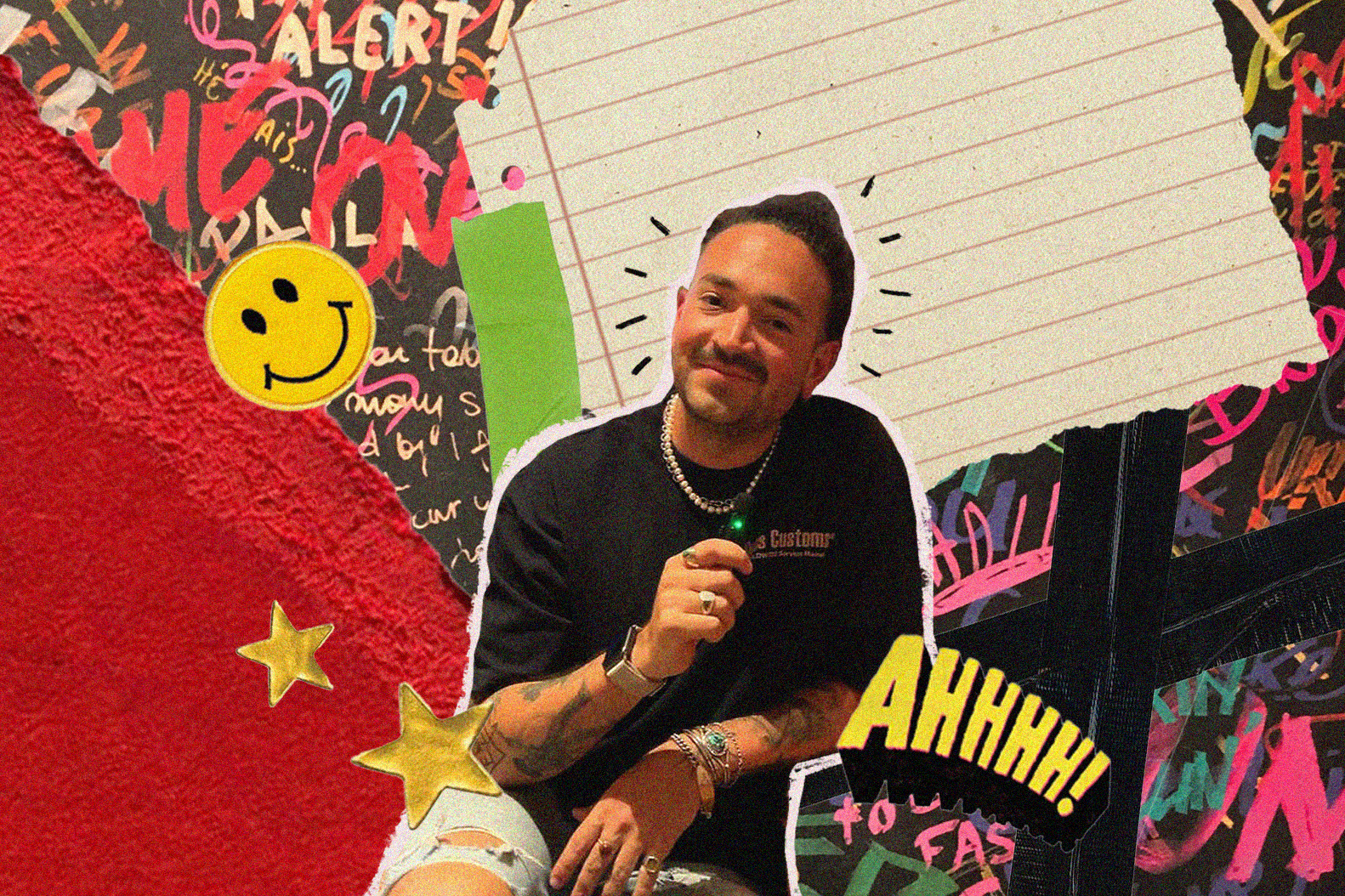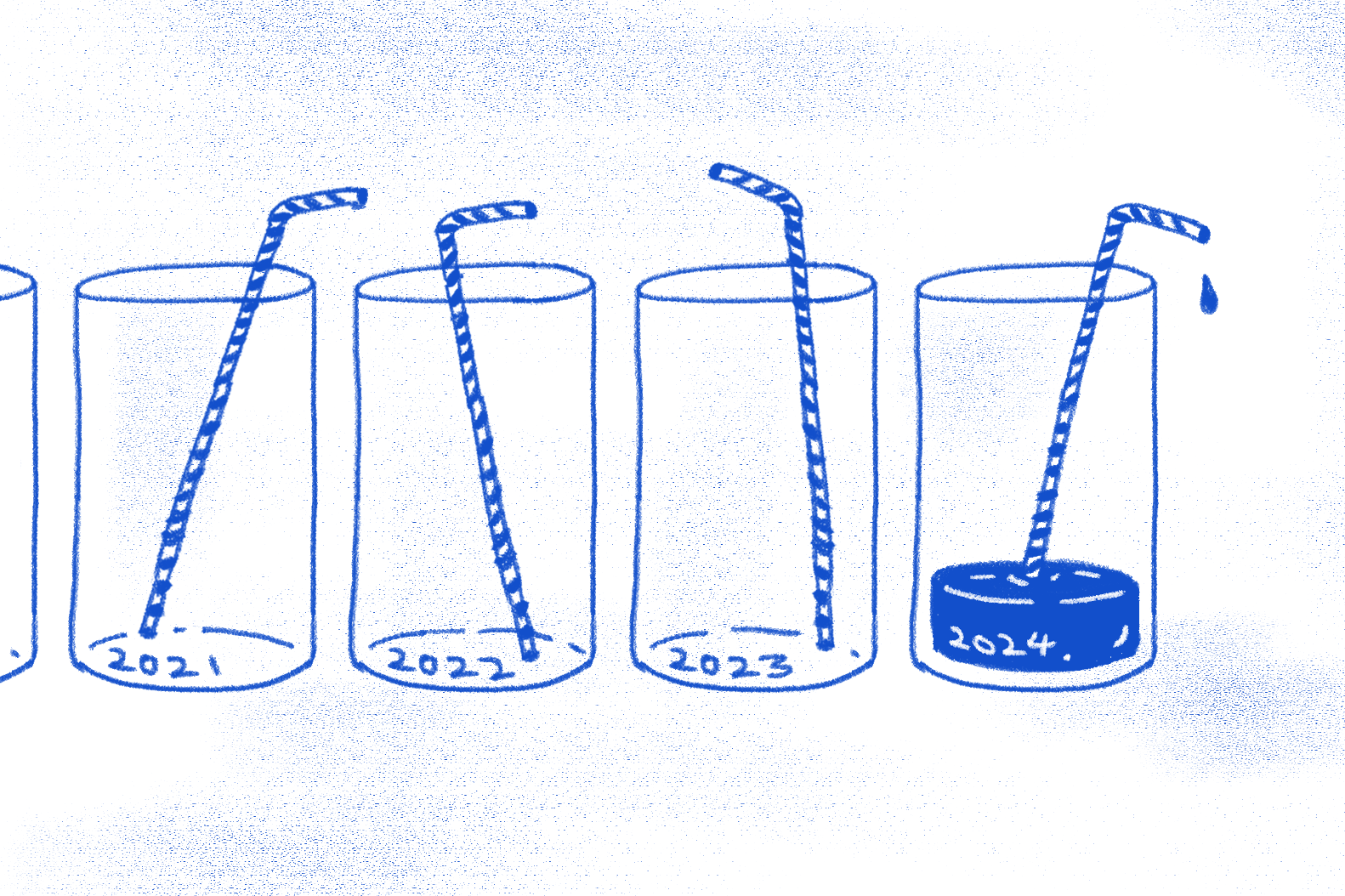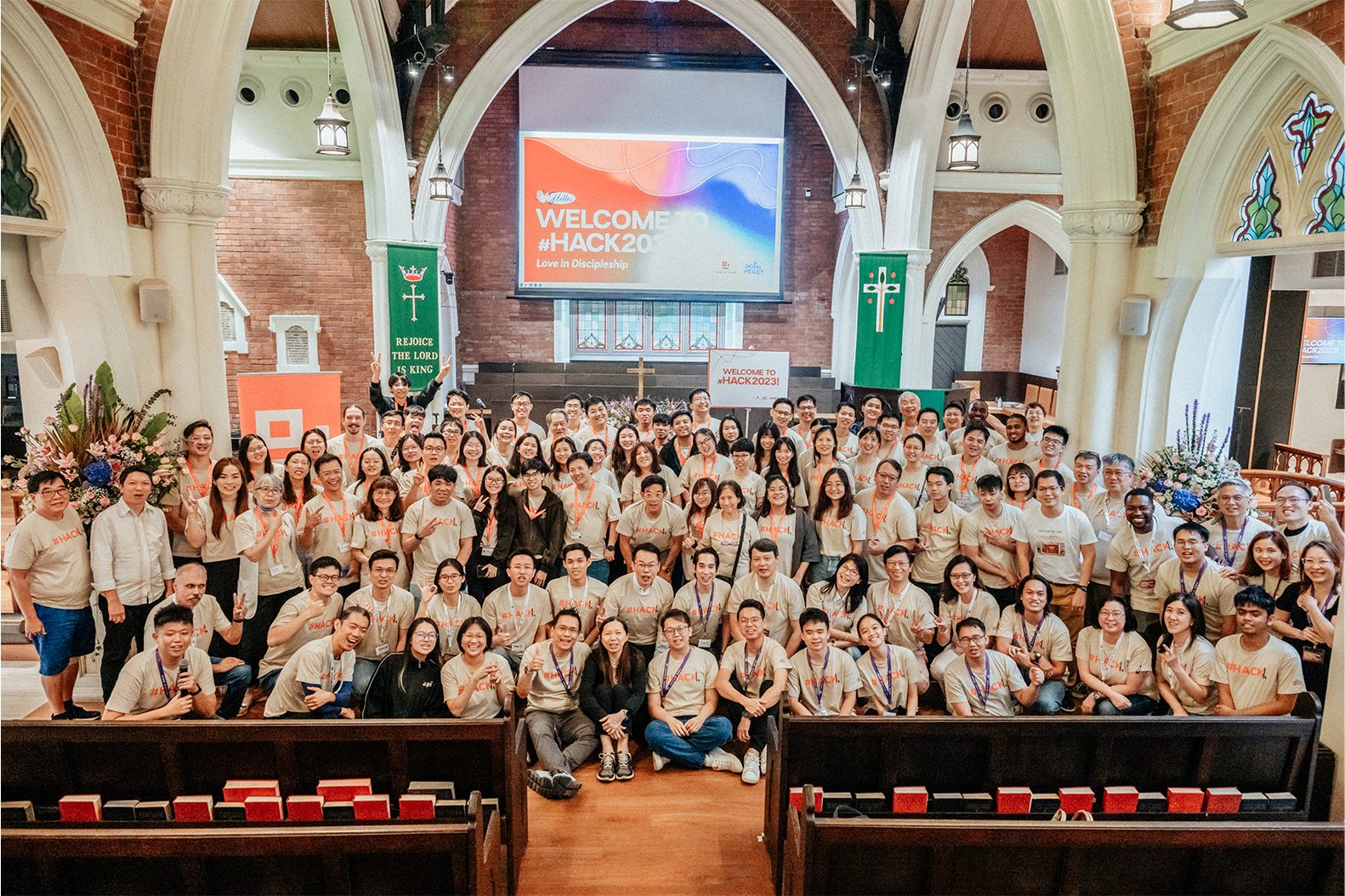Alexander Pappas is a worship leader and songwriter best known as the co-frontman of Hillsong Young & Free.
Based in LA, the 34-year-old has served at Hillsong Church as worship pastor for over a decade and has co-written songs like “Wake”, “Real Love” and more.
This week, Thir.st had the privilege of catching up with Pappas who’s in town for one of FOPx‘s Impossible Nights. We chatted about his life journey and experiences as a worship leader thus far, key lessons on ministry, as well as tips on songwriting.
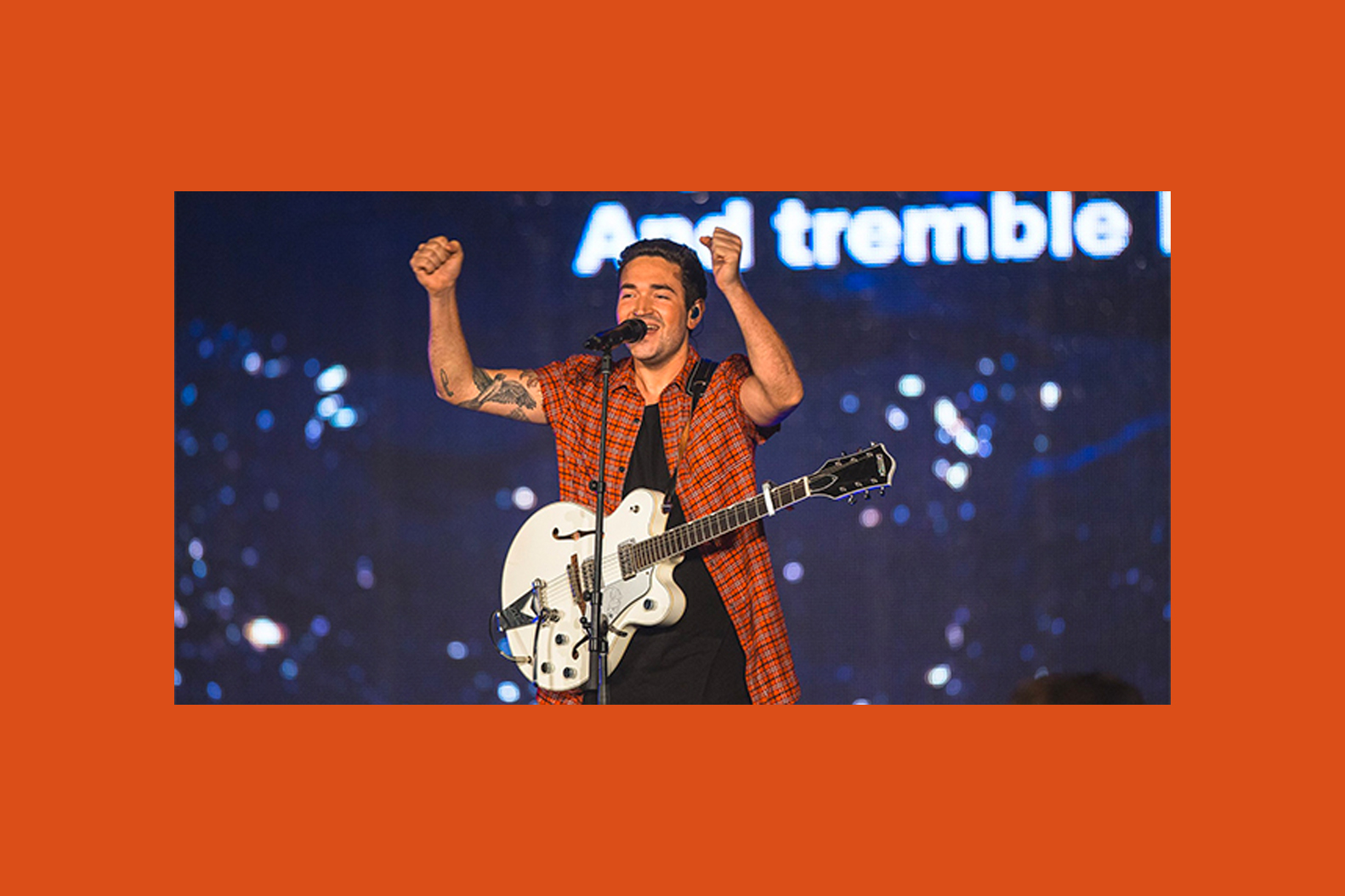
Let’s start from the beginning, how did you start worship leading?
I think I really started because no one else was there.
Honestly, I don’t think I understood what a worship leader was.
You sing a song, turn the page, and start the next one. I thought that was all there is to it.
But I started realising things like the momentum you could build in a set, and grew hungry to learn how we could best usher in the presence of God for young people.
Growing up, who were some Christian musicians you looked up to?
I grew up loving Michael W. Smith. Christian rock bands like Switchfoot and Relient K were my absolute heroes as well.
But worship music… it was only ever really Hillsong.
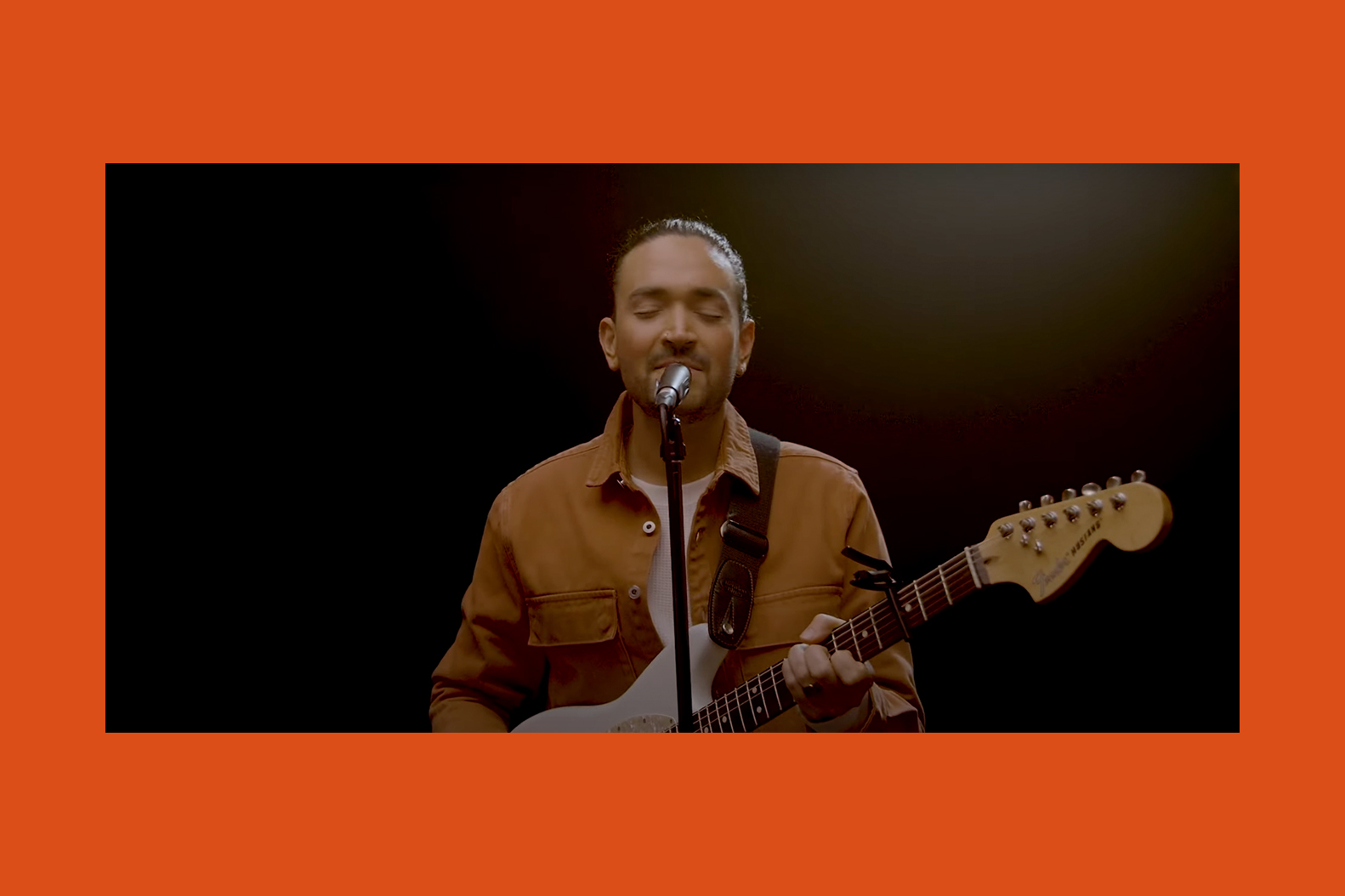
As musicians, it’s easy to fall prey to pride while serving. Serving on a stage as global as Hillsong, have you ever experienced moments of performance?
When you’re young I think it’s almost impossible to understand the line between confidence and arrogance.
Frankly, it depends on the day. Some days I just enjoy compliments, other days I genuinely want to know if the service was up to standard.
But ultimately it comes down to my relationship with God off the platform.
If my relationship with God is non-existent, then the platform becomes a job.
The platform can only ever be an overflow. You can’t use the platform to be your source to be fed.
Was there ever a moment when you just knew this was where you’re meant to be?
Although many people spoke over me countless times that I would do worship while I was serving in Hillsong Church, I couldn’t see how God could use me despite me having the desire to serve in the church.
I felt like Hillsong Church already had enough worship leaders and that I could not match up.
If my relationship with God is non-existent, then the platform becomes a job. The platform can only ever be an overflow. You can’t use the platform to be your source to be fed.
But it all came down to a prayer I made at 21, when I felt strongly about serving at the church.
I told God I had dreams to write songs and travel the world playing music, so either take those dreams away or do something with it.
But, that said, I would still die to myself and serve the church.
The next day, I got a call from Hillsong about playing bass for a college trip to India.
It was an assurance to me at the time that God cares about the things I care about.
I had my doubts and insecurities, but I knew that this is His plan for me.
What was the first song you wrote and what was the process like?
I wrote my first song in my mum’s apartment, it wasn’t very good. I used chords that weren’t even in the same key, it was awful!
My advice to anyone starting out: write a song and finish it. It can be daunting to start your first song.
But, “rest assured”, more than likely, it’s not going to be a great song. Just start making your first mistakes and grow from there.
Learning about the songwriting process requires you to finish a song.
Do that bit by yourself, then go write with others. Working with others teaches what you like and don’t like about songwriting, while getting feedback from other people.
Learning how to write songs is no different than learning how to paint. You don’t wake up with the natural ability.
You find your lane, and it doesn’t happen overnight. It comes from practising and getting feedback from people.
How do you find inspiration for your lyrics?
It’s in my time spent with God, because that’s when you write something that’s genuine to yourself and not regurgitated.
I find inspiration in settings like this too, where we’re talking about songwriting.
There are people I love to write with because I love talking about God with them.
I also find surprising inspiration when I’m truly in the Word. Those moments happen because I’ve been disciplined in reading the Word.
That’s just the brilliance of Jesus. We’re all using the same Scripture to talk about Him but there are always fresh songs with a new spirit – it proves to me just how big God is.
What’s the scariest part about songwriting?
You are no more equipped to write your next song as your last good one.
You could write 50 great songs but you start your next song from zero. You have to start from scratch every time.
But that’s the goodness of God! When I feel like I’ve said everything, He still gives me something new to say.
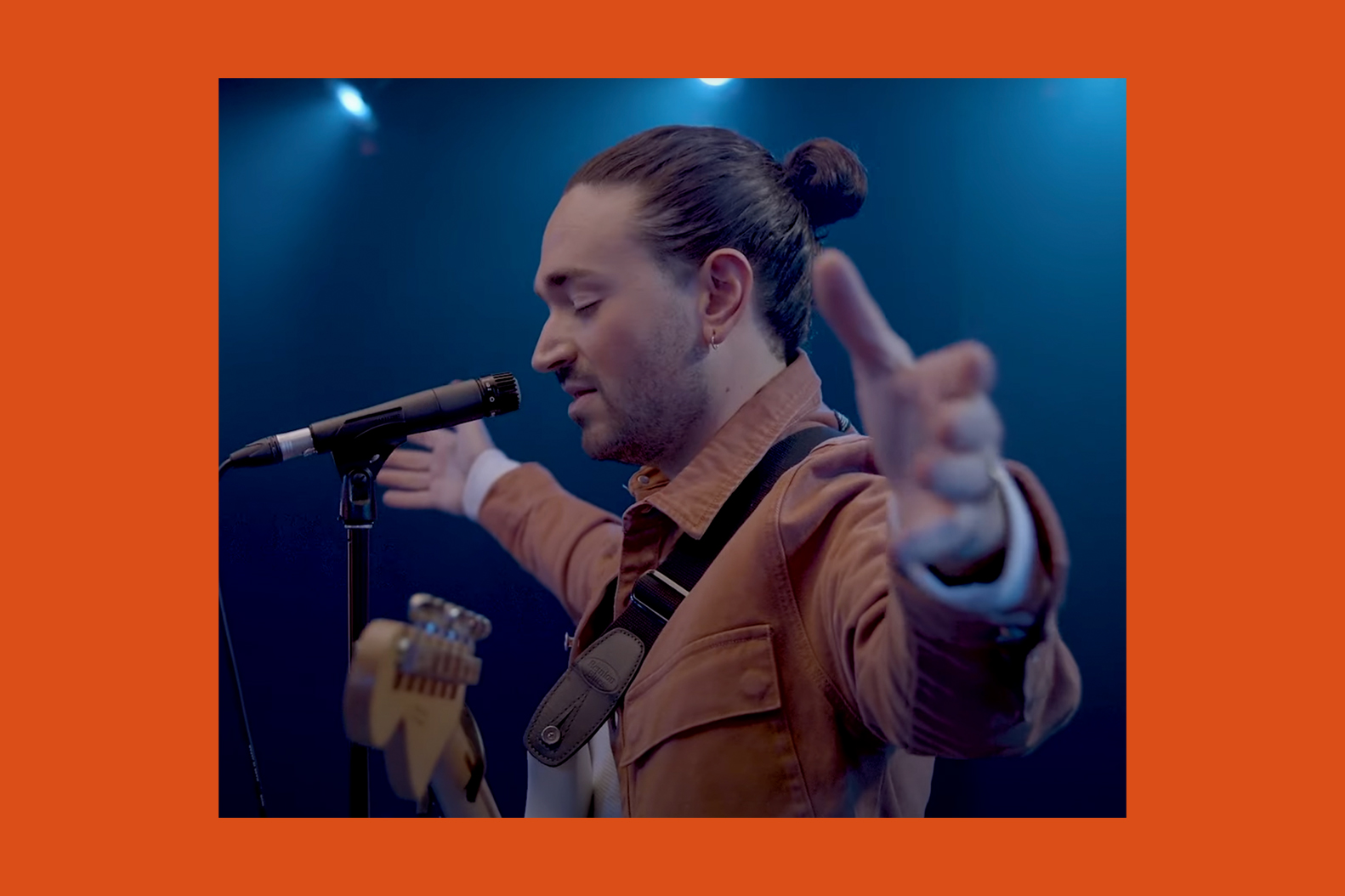
Another thing is knowing that my quality is not based on the quality of my songs.
One of the scariest things is releasing music and waiting for people’s reactions.
Don’t tie your worth to the things you put out.
You’ve led worship and written songs for a long time. What keeps you going?
I’ve always loved playing music for people.
I think people need to not shy away from using their gifts to serve God, especially when He’s given you a talent.
If God has called you into ministry and your church has trusted you, walk in boldness knowing He has placed you where you are.
And I strongly believe that music has a way of connecting emotions with intellect, bringing both together, and helping us encounter a real, living God.
Christian music has changed so much over the decades. “Best Friends” for example, is quite a departure from “traditional” worship songs. What would you say to those who are against this unconventional sound?
When Hillsong Young & Free first started out, we were figuring out who we were and essentially writing “bad” Hillsong United songs.
That’s because they were our heroes and we looked up to them.
But we listened to a lot of pop and electronic dance music too. It’s what we liked and knew.
So once we decided to write what we knew, there was an anointing and blessing on it.
I would say to anyone writing music, don’t be afraid of writing something contemporary.
There may have been some who hated “Alive” when it was first released but it also brought in a new generation who connected to Jesus because of music that was relevant to them.
There’s going to be new music that I myself won’t like but if it’s serving a new generation, why not go for it?
You recently transitioned into a solo career from Young & Free. Why did you decide to pursue a new direction?
I’ve always had a heart for the prodigal sons and daughters.
I had this friend who spoke a word over me. She said, you’re a “door holder” for people who have either never been in church or have left.
That really put into words what I’d always felt and wanted to be.
I wanted to give a voice to people who felt like me at that point of those songs.
I wanted to create art for people who have questions and validate those questions because God’s not afraid of them.
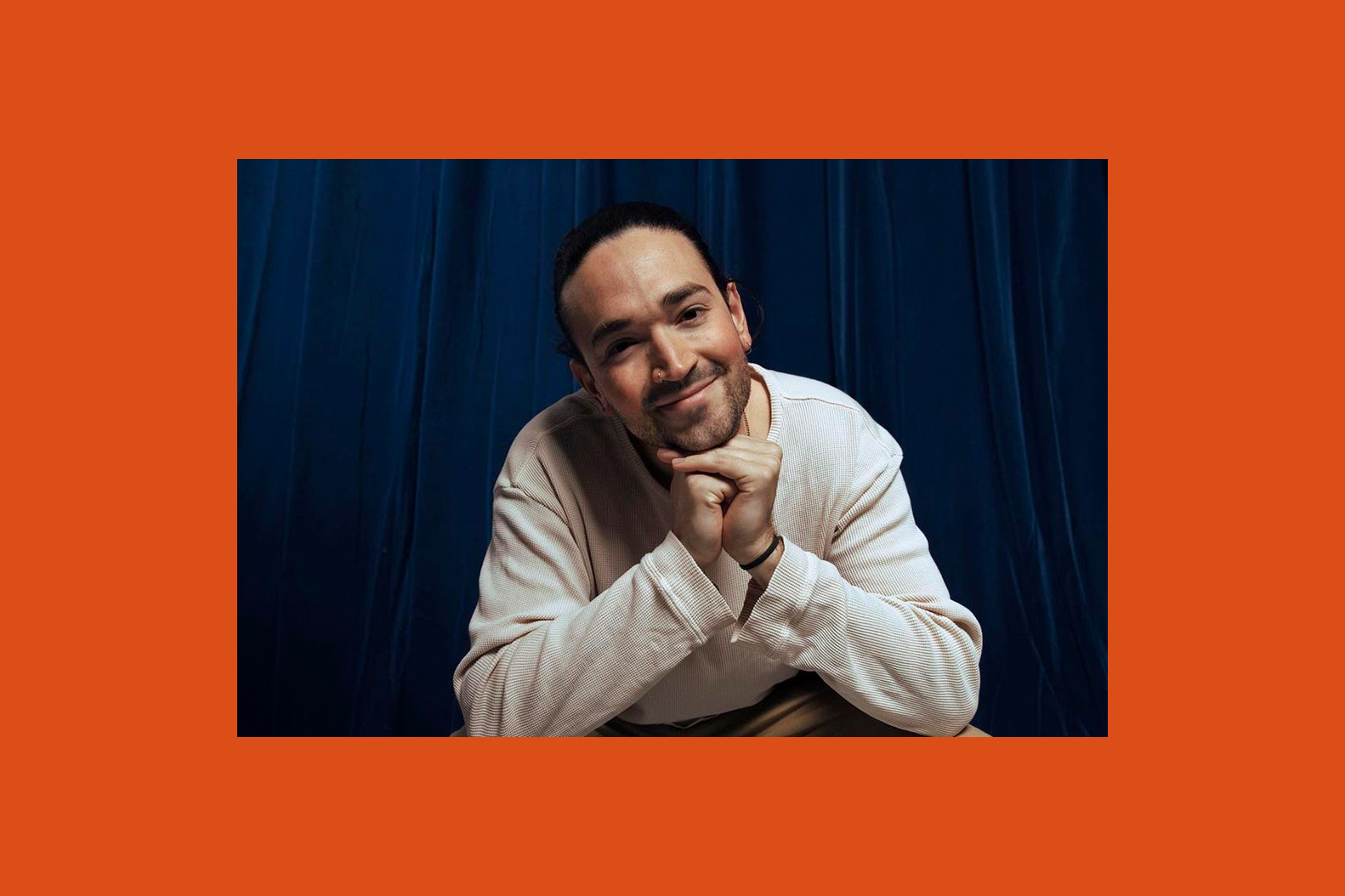
How do you balance between the commercial aspects of producing music while also making sure they aren’t straying from God’s heart?
It comes back to being genuine to what you like.
Musically speaking, there’s no genre that is sacred; if you like heavy metal, write a heavy metal Christian song.
If you’re striving to only write what’s cool, you’ll have a hard time.
But if you write what you love and what is genuine and true to you, that art will speak volumes more than striving.
Any advice for aspiring worship leaders and songwriters?
It’s not a competition. I think that for each and every worship leader and songwriter, God has given us our own gifts.
He bestows blessings upon people and doesn’t run out of them, He doesn’t withhold one from you that He gave to someone else.
The greatest enemy of joy within creativity is competition.
Knowing that God has placed you in your own lane, don’t compare yourself.
If you liked Alex’s voice in this article, why not give it a listen on Spotify? Here are his latest EPs, American Dream and Idaho.


